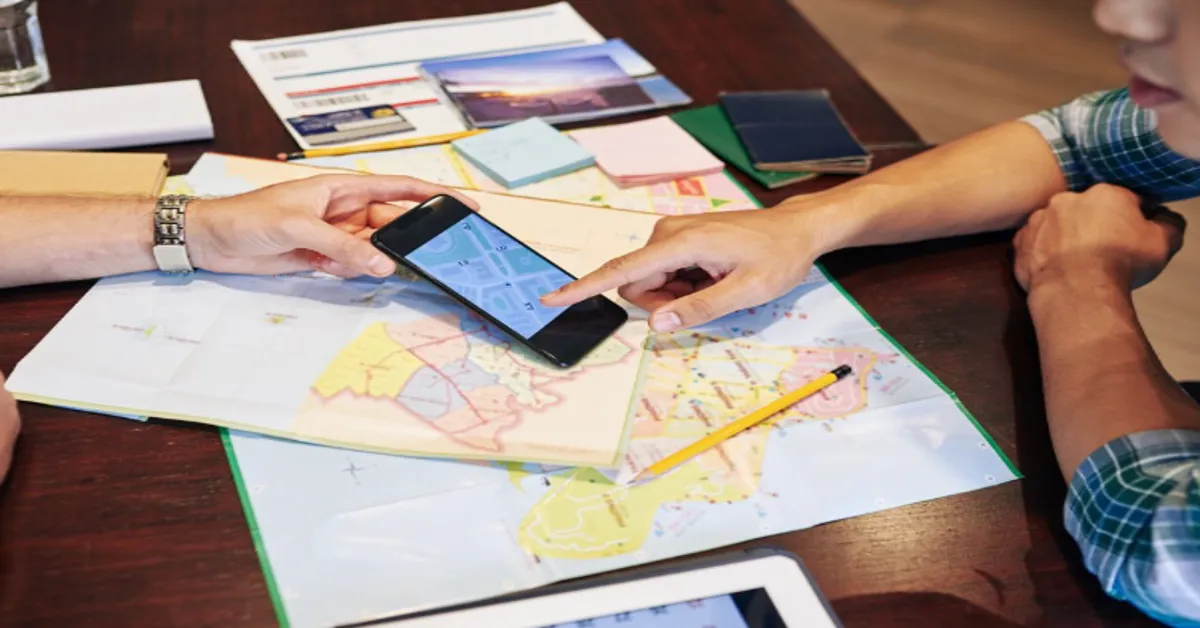There’s a moment that hits differently when you’re out in the wild. It’s quiet. Not just the absence of traffic or phone buzzes, but a deeper quiet. The kind that reminds you just how far you are from anything that resembles a signal. And that’s part of the appeal, right?
But here’s the thing: your gear can fail. Devices get dropped. Batteries die faster in the cold. Trees, hills, even weather, any of them can block a signal. You might not feel the weight of that until you really need to reach someone and realize you can’t. That’s why having a backup plan, one that doesn’t rely on tech, isn’t optional. It’s just smart. Knowing how to create a no-comms plan is a solid place to start.
Layers, Not Just Tools
The most prepared people I know don’t just carry more gadgets. They think in layers. If the phone doesn’t work, they’ve got a radio. If the radio cuts out, they’ve already agreed on fallback times and meeting points. It’s less about tech, more about thinking ahead.
Say you and your hiking partner lose contact. Instead of panicking, you wait the agreed 30 minutes, then head to the fallback spot. You both know the plan, because you talked it through. It doesn’t take much, just a little thought before you head out.
Don’t Skip the Talk
Honestly, most people skip the pre-trip briefing. They assume they’ll figure it out on the go. That’s a mistake. Before any trip, talk it out. What gear are you relying on? What times are you checking in? What’s the move if someone goes dark?
Also, loop in someone back home. Give them your route, expected return, and a clear signal: “If you don’t hear from me by 10pm Sunday, call for help.” No guesswork. That clarity can be the thing that saves you if things turn sideways. It’s a huge part of being safe off-grid.
Tech Dies. Maps Don’t.
There’s something comforting about paper maps, isn’t there? Same goes for whistles, signal mirrors, even just knowing the basics of navigating by the stars. They don’t need batteries or software updates.
You don’t need to go full survivalist here, just enough to feel like you wouldn’t be helpless without your phone. That confidence changes how you move out there. You’re more grounded, more relaxed. If something goes wrong, you’re not relying on a bar of signal to save the day.
This Applies to Everyone
And no, this isn’t just for the hardcore folks scaling cliffs or disappearing into the backcountry for weeks. It’s for anyone stepping away from cell coverage. Weekend campers. Road trippers. People doing a bit of quiet travel where GPS can’t help.
Ask yourself: what’s my plan if I can’t talk to anyone for a day? It’s not a paranoid question, it’s just practical.
Final Thought
There’s freedom in disconnecting. But real peace of mind comes from knowing you’ve got a plan for silence too. That kind of preparedness doesn’t just protect you, it makes the whole adventure better. Because when you’re not worrying about what might go wrong, you’re free to be exactly where you are.

